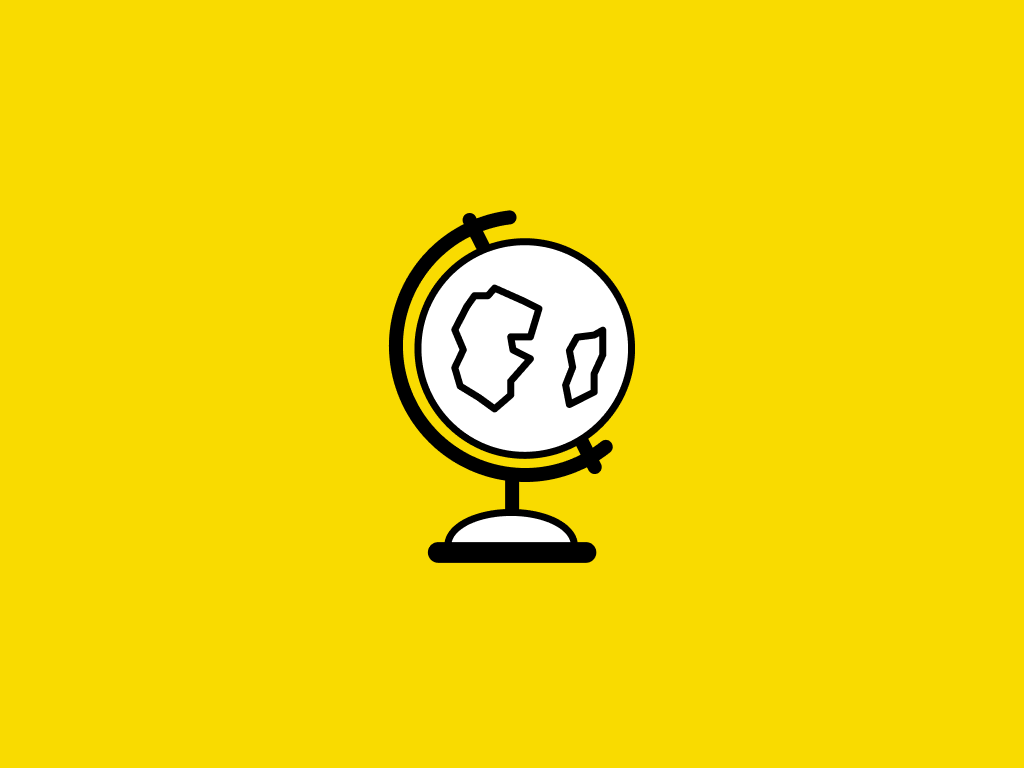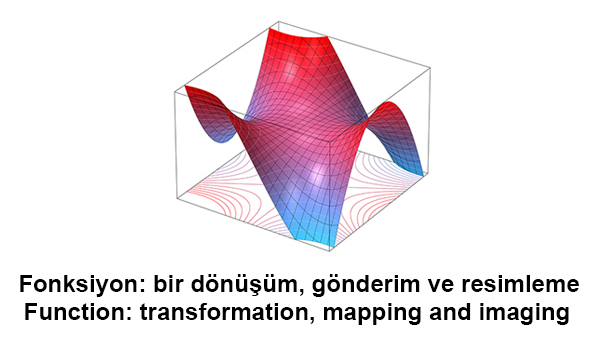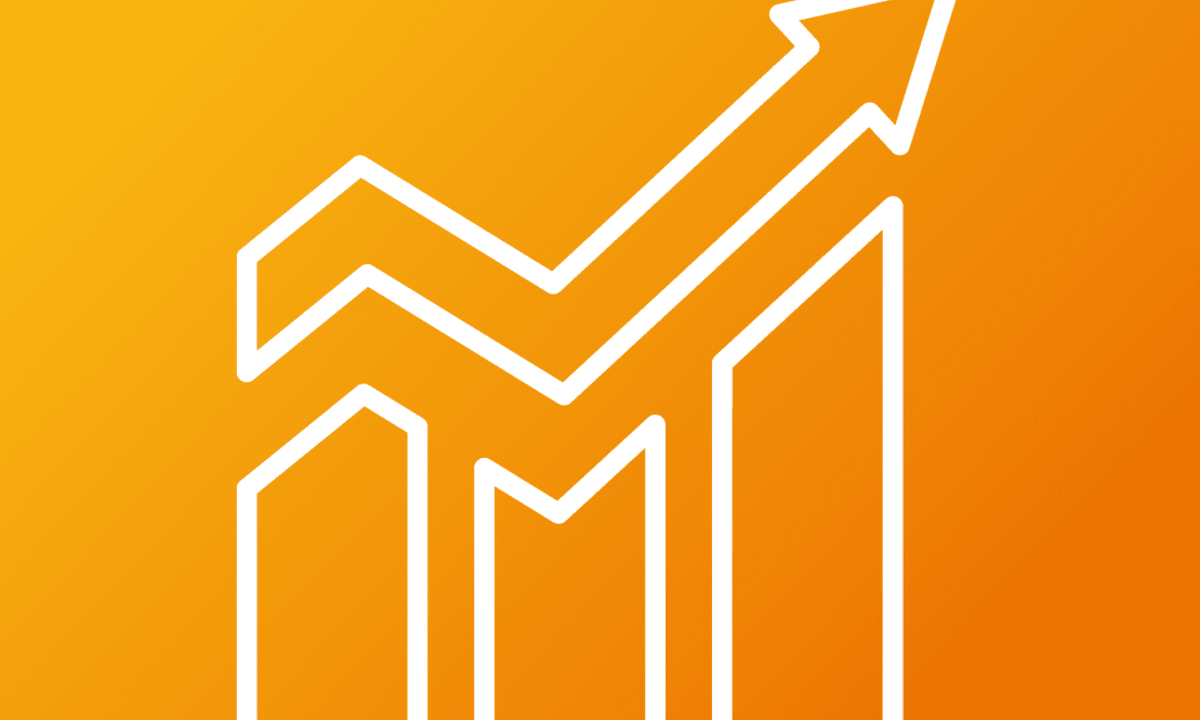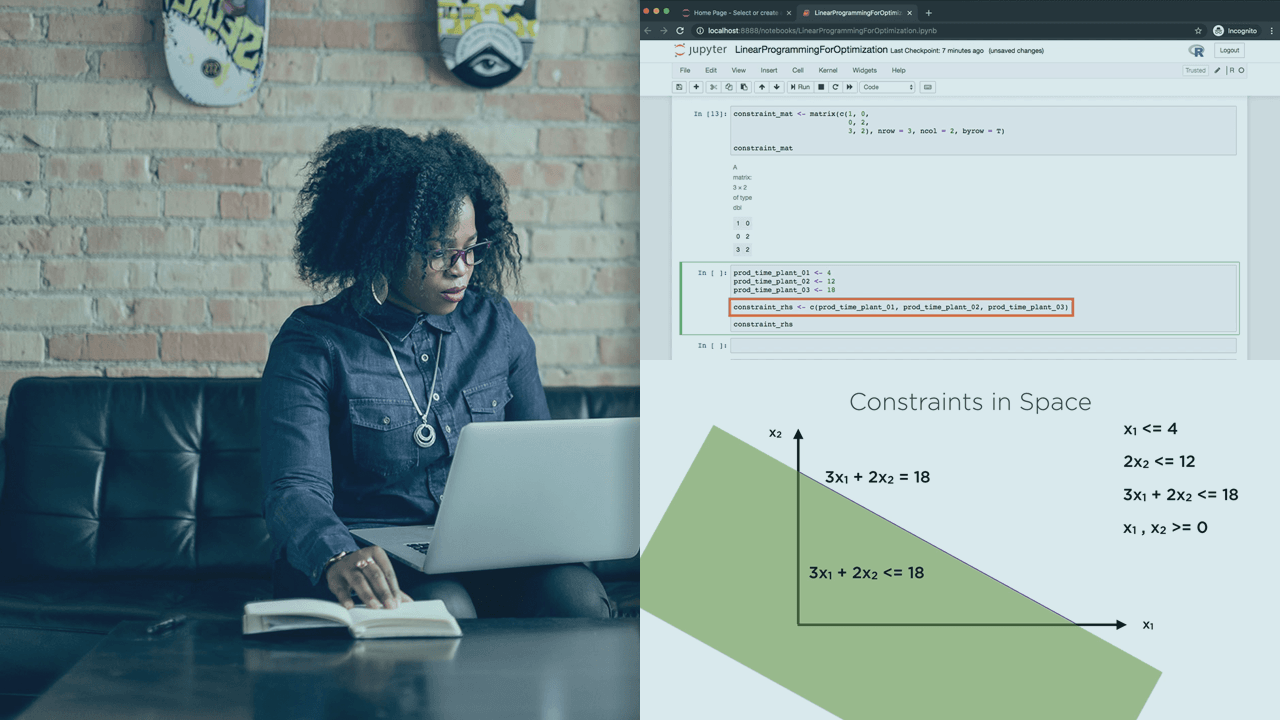
Description
Earn a University of London degree in Computer Science and apply your creativity to in-demand technology.
Open the door to sought-after technology careers with a world-class online Bachelor of Science (BSc) in Computer Science degree from the University of London. You’ll master in-demand computing skills, solve complex problems, and hone your innovation and creativity. The hands-on project-based approach will help develop the technical and transferable skills needed for a fulfilling career in your field.
- Specialise in 1 of 7 cutting edge topics. Choose from the following areas of focus: Machine Learning and AI, Data Science, Web and Mobile Development, Physical Computing and the Internet of Things, Games Development, Virtual Reality, or User Experience.
- Create a portfolio of work that furthers your career. Develop skills in computing with a strong programming and mathematics focus, plus project management, presentation skills and teamwork. Create a portfolio of coursework to present to potential or existing employers.
- Build technical and transferable skills needed for a career in high-growth industries. The course material ranges from entry-level subjects to specialised topics. Hold a degree outside of computer science? The curriculum allows you to update your marketable and competitive skills through commercial applications of computing practices. The flexible degree programmes are designed for busy schedules. You can study online at your own pace.
- Earn a degree from a university with global reputation. The University of London, established by Royal Charter in 1836, is a globally recognised learning institution. UoL currently has over 120,000 students in London, and a further 50,000 studying abroad in 180 countries.
Tags
Syllabus
The BSc Computer Science degrees, developed by the team at Goldsmiths, University of London, are designed to give you a strong foundation in Computer Science and specialised knowledge of topics such as Data Science, Artificial Intelligence, Virtual Reality and Web Development. The programme covers industry and academic case studies to help you apply studies in terms of real-world problems. You’ll develop and execute a series of projects throughout the programme to develop technical skills and hone problem solving abilities.
The programmes are structured into three levels. The first level covering computer programming, with a special project on web applications. You will learn how computers work as well as the mathematics that underpin computer science. The second level deepens your programming skills and your understanding of how to develop substantial software projects. You’ll also begin to learn specialised topics such as Graphics Programming and Data Science. In the third level, you’ll have the opportunity to study specialised modules depending on your specialist pathway and bring your knowledge and skills together with a final individual project — developing your own software.
With a BSc Computer Science degree you’ll be qualified to:
- Build and maintain reliable software to address the sophisticated demands of today's market
- Develop innovative and creative approaches to problem solving
- Work independently with confidence
- Compete for roles at the cutting-edge of the tech sector, including application programmer, mobile app developer, web developer, video game developer, SFX and post-production, and systems analyst
To gain a BSc in Computer Science, you’ll need to complete modules worth 360 credits. This includes:
- 8 compulsory modules at level 4, covering the fundamentals: how computers work, how to programme, and mathematics that underpin computer science.
- 8 compulsory modules at level 5, covering programming skills needed for software projects and specialist topics such as Graphics Programming and Data Science.
- 6 elective modules from level 6, then undertake a 30 credit project that combines your knowledge and skills to create a software system.
- Complete a Final project.
All of the Level 4 and Level 5 modules are compulsory. There is a broad range of elective options at Level 6.
Level 4 - compulsory
- Introduction to programming I
- Introduction to programming II
- Numerical mathematics
- Discrete mathematics
- How computers work
- Fundamentals of computer science
- Web development
- Algorithms and data structures I
Level 5 - compulsory
- Object oriented programming
- Software design and development
- Databases, networks and the web
- Agile software projects
- Computer security
- Graphics programming
- Algorithms and data structures II
- Programming with data
Level 6 - Choose 6 of the following modules
- Data science
- Databases and advanced data techniques
- Machine learning and neural networks
- Artificial intelligence
- Virtual reality
- Games development
- Advanced web development
- Physical computing and the internet of things
- 3D Graphics and animation
- Mobile development
- Interaction design
- Natural language processing
- Intelligent signal processing
More information about each module here.
You can choose to register on a specialist award to focus your studies on a particular area of Computer Science. The specialist awards are:
- BSc Computer Science (Machine Learning and AI)
- BSc Computer Science (Data Science)
- BSc Computer Science (Web and Mobile Development)
- BSc Computer Science (Physical Computing and the Internet of Things)
- BSc Computer Science (Games Development)
- BSc Computer Science (Virtual Reality)
- BSc Computer Science (User Experience)

Bachelor of Computer Science
-
TypeOnline Courses
-
ProviderCoursera
Open the door to sought-after technology careers with a world-class online Bachelor of Science (BSc) in Computer Science degree from the University of London. You’ll master in-demand computing skills, solve complex problems, and hone your innovation and creativity. The hands-on project-based approach will help develop the technical and transferable skills needed for a fulfilling career in your field.
- Specialise in 1 of 7 cutting edge topics. Choose from the following areas of focus: Machine Learning and AI, Data Science, Web and Mobile Development, Physical Computing and the Internet of Things, Games Development, Virtual Reality, or User Experience.
- Create a portfolio of work that furthers your career. Develop skills in computing with a strong programming and mathematics focus, plus project management, presentation skills and teamwork. Create a portfolio of coursework to present to potential or existing employers.
- Build technical and transferable skills needed for a career in high-growth industries. The course material ranges from entry-level subjects to specialised topics. Hold a degree outside of computer science? The curriculum allows you to update your marketable and competitive skills through commercial applications of computing practices. The flexible degree programmes are designed for busy schedules. You can study online at your own pace.
- Earn a degree from a university with global reputation. The University of London, established by Royal Charter in 1836, is a globally recognised learning institution. UoL currently has over 120,000 students in London, and a further 50,000 studying abroad in 180 countries.
The BSc Computer Science degrees, developed by the team at Goldsmiths, University of London, are designed to give you a strong foundation in Computer Science and specialised knowledge of topics such as Data Science, Artificial Intelligence, Virtual Reality and Web Development. The programme covers industry and academic case studies to help you apply studies in terms of real-world problems. You’ll develop and execute a series of projects throughout the programme to develop technical skills and hone problem solving abilities.
The programmes are structured into three levels. The first level covering computer programming, with a special project on web applications. You will learn how computers work as well as the mathematics that underpin computer science. The second level deepens your programming skills and your understanding of how to develop substantial software projects. You’ll also begin to learn specialised topics such as Graphics Programming and Data Science. In the third level, you’ll have the opportunity to study specialised modules depending on your specialist pathway and bring your knowledge and skills together with a final individual project — developing your own software.
With a BSc Computer Science degree you’ll be qualified to:
- Build and maintain reliable software to address the sophisticated demands of today's market
- Develop innovative and creative approaches to problem solving
- Work independently with confidence
- Compete for roles at the cutting-edge of the tech sector, including application programmer, mobile app developer, web developer, video game developer, SFX and post-production, and systems analyst
To gain a BSc in Computer Science, you’ll need to complete modules worth 360 credits. This includes:
- 8 compulsory modules at level 4, covering the fundamentals: how computers work, how to programme, and mathematics that underpin computer science.
- 8 compulsory modules at level 5, covering programming skills needed for software projects and specialist topics such as Graphics Programming and Data Science.
- 6 elective modules from level 6, then undertake a 30 credit project that combines your knowledge and skills to create a software system.
- Complete a Final project.
All of the Level 4 and Level 5 modules are compulsory. There is a broad range of elective options at Level 6.
Level 4 - compulsory
- Introduction to programming I
- Introduction to programming II
- Numerical mathematics
- Discrete mathematics
- How computers work
- Fundamentals of computer science
- Web development
- Algorithms and data structures I
Level 5 - compulsory
- Object oriented programming
- Software design and development
- Databases, networks and the web
- Agile software projects
- Computer security
- Graphics programming
- Algorithms and data structures II
- Programming with data
Level 6 - Choose 6 of the following modules
- Data science
- Databases and advanced data techniques
- Machine learning and neural networks
- Artificial intelligence
- Virtual reality
- Games development
- Advanced web development
- Physical computing and the internet of things
- 3D Graphics and animation
- Mobile development
- Interaction design
- Natural language processing
- Intelligent signal processing
More information about each module here.
You can choose to register on a specialist award to focus your studies on a particular area of Computer Science. The specialist awards are:
- BSc Computer Science (Machine Learning and AI)
- BSc Computer Science (Data Science)
- BSc Computer Science (Web and Mobile Development)
- BSc Computer Science (Physical Computing and the Internet of Things)
- BSc Computer Science (Games Development)
- BSc Computer Science (Virtual Reality)
- BSc Computer Science (User Experience)
Tags
Related Courses


Bayesian Networks 3 - Maximum Likelihood - Stanford CS221: AI (Autumn 2019)

Calculus 1A: Differentiation

Çok değişkenli Fonksiyon II: Uygulamalar / Multivariable Calculus II: Applications

Combinatorics

Linear programming and its applications to computer science

Survival Analysis in R for Public Health

Solving Problems with Numerical Methods

Number Theory

Learn Linear Regression in R

Precalculus Algebra: Certificate Program


 Online Courses
Online Courses  Coursera
Coursera
